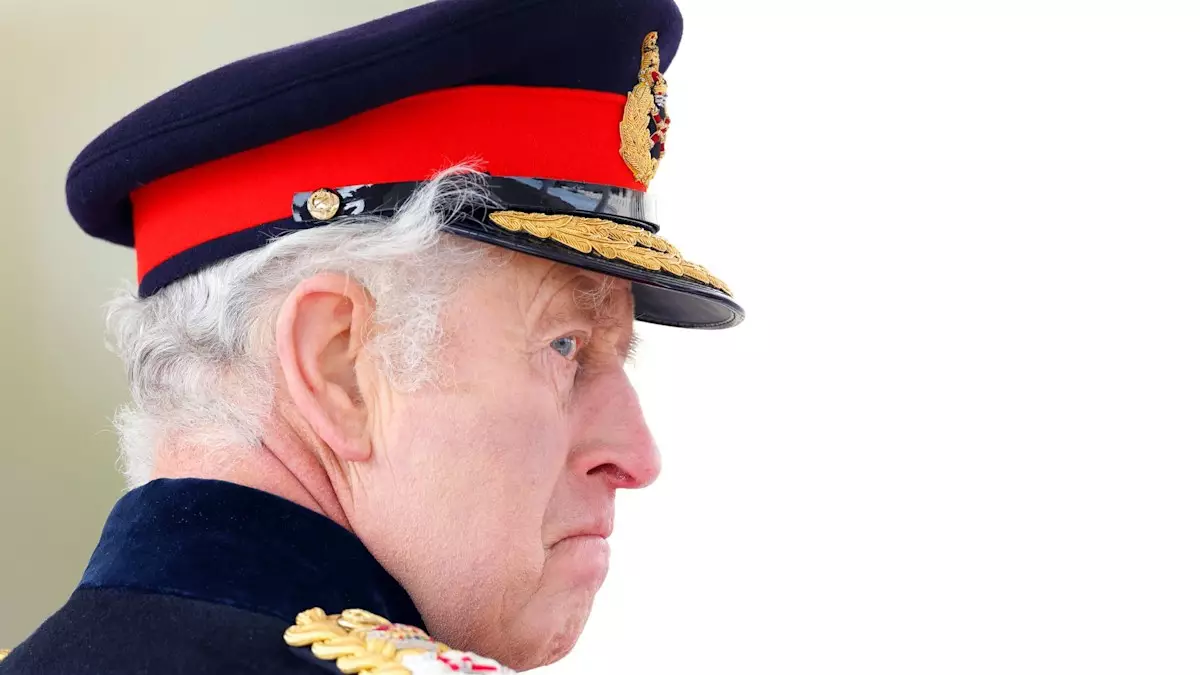King Charles, known for his rigid adherence to a demanding royal schedule, has recently seen a dramatic shift in his eating habits due to his health challenges. Historically, the King has publicly dismissed the need for a midday meal, often referring to lunch as an indulgence he simply cannot accommodate. This aversion has long become a quirky trait associated with him, akin to Queen Elizabeth II’s beloved corgis. In fact, Clarence House emphasized this trait in a list of 70 intriguing nuggets of information about the King, succinctly noting, “The Prince does not eat lunch.” This admission sheds light on a more profound cultural attitude toward meals within the royal family, where the demands of duty often overshadow the needs of self-care.
The diagnosis of cancer that King Charles received earlier this year has catalyzed a revision of his longstanding habits, particularly concerning his lunch skippings. Under the advice of his wife, Queen Camilla, along with physicians and aides, he is now urged to adopt healthier eating practices to bolster his strength during treatment. This insistence, however, has not come without its challenges, as the King remains “reluctant” to make wholesale changes to his eating routine. He has opted for a modest compromise: consuming half an avocado at midday, which starkly contrasts with the traditional robust lunches many might associate with royalty. This modification serves as a small yet essential step toward nurturing his health, revealing how critical dietary adjustments can be during turbulent times.
While one could argue that King Charles’s dietary changes have been primarily motivated by external pressures, they underscore a vital principle applicable to all cancer patients: maintaining a nutritious, balanced diet during treatment is crucial. The NHS emphasizes this need, stating that cancer therapies not only disrupt the growth of malignant cells but can also adversely affect normal cells. Ensuring that the body receives an adequate supply of essential nutrients—proteins, carbohydrates, fats, vitamins, and minerals—is imperative for safeguarding the immune system and promoting recovery. Though evidence linking specific dietary choices to improved cancer outcomes remains limited, the consensus among health professionals is that eating well can markedly improve a patient’s overall well-being.
Insights into Royal Eating Etiquette
Apart from his reluctance to embrace a midday feast, King Charles exhibits further idiosyncrasies in his culinary preferences. One of the notable aspects of his diet is his affinity for boiled eggs, which even made its way into the realm of popular culture through the Netflix series “The Crown.” The show humorously highlights the King’s food preferences, illustrating how such peculiar habits have become part of his public persona. Furthermore, his stepson, Tom Parker-Bowles, has described the royal kitchen’s approach to leftovers, emphasizing that everything is repurposed—a practice that reflects a sense of sustainability within the royal household. This blend of personal choices and broader cooking philosophies paints a vivid picture of how monarchy grapples with the demands of modern life and personal health.
King Charles’s dietary evolution highlights the intersection of health, tradition, and personal choice within the royal family. As he navigates this new terrain, his experiences can serve as a reminder to us all about the importance of balancing duty with self-care, particularly in challenging times.

